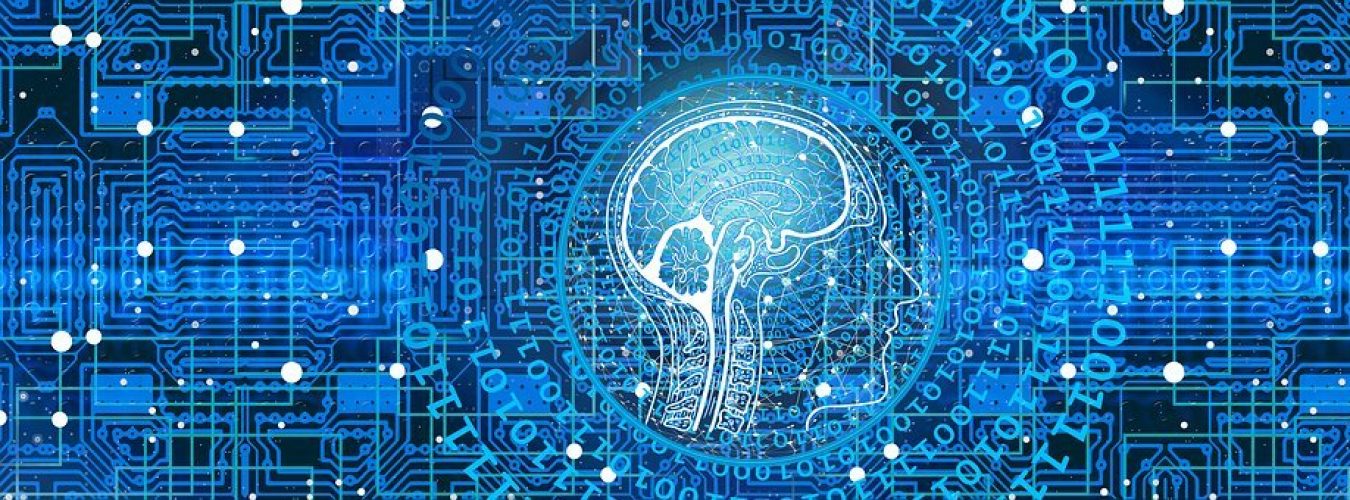When things get bad, you should hope for even worse times according to social science
When I share my resume, I often see surprised, even admiring faces. I am a very active person; in fact, I don’t regard myself as an active person. It’s just that I hate passiveness so much that I end up doing things, fighting for the change I want in my personal life, in society, and the world. For context, I’ve been sharing my resume with people for various reasons lately, and the first reactions I usually get are “Wow, you’re so active” or “How do you manage all of this alongside your studies?” I’ve also faced criticism from some people who, with disbelief or envy, say, “You’re wearing yourself out with all this work.” But that’s wrong. For years, I was deeply stressed, exhausted, and unwell—not from overwork, but from the exact opposite: inactivity.

The background
A while ago, I had to see my gynecologist urgently due to blood discharge from my breast—a possible sign of a tumor, I was told. I’ve written in a previous article about the intense anxiety this false-positive diagnosis caused. What was most interesting, and ultimately life-changing for me, was the reason behind this bleeding. Due to a hormonal imbalance, I had developed a large cyst in my breast, which, fortunately, resolved on its own. I asked an experienced doctor what could have caused something like this. She replied with one word: “Stress.” I was quick to disagree, insisting there was nothing in my life that could be causing me stress. I had no job, wasn’t actively studying, had no personal projects or responsibilities. But I wasn’t truly at ease, either. As a woman with a migration background and the daughter of a financially struggling single mother, I’d seen a lot of injustice in the world that doesn’t just go away. And once you reach a certain age, people tend to expect more from you—especially if you’re a smart young woman. Life’s tough. If you don’t build the resilience necessary to deal with the catastrophes and storms of life, you are going down. The only option left for you is to hide yourself so far away from the brutal truth of reality, that you are forced to live in an Illusion, ignore everyone’s needs around you including your own, or complain about reality on social media without facing the storm in front of you. I mean what do I know, I am just a young woman. But I certainly went through hell like all of us and I faced the darkness and I got out of it stronger. It gave me the minimum requirement of courage, skill, and resilience to have a life that is not completely pathetic and I know there are people out there, who feel exhausted from doing nothing like I did and who don’t know that their cure is testing their limits beyond comprehension.
So, let’s break down this realization. I had done nothing to challenge myself, to grow, or to improve my career opportunities. In the absence of any real, meaningful action, I ended up accumulating so much stress that it took a physical toll on my health. To me, that doesn’t sound like a good deal at all. After that, something inside me fundamentally changed. It’s not that I enjoy being active now—it’s that I despise passivity. I want to engage with all my strength across different areas, to create an impact, to grow, and because sitting at home, brooding over the state of the world, made me sick. Now, I don’t feel stressed, nor am I ill, despite being busier than ever. Sometimes I wonder why things had to reach the point where I was developing cysts before I made this change.
The Region-Beta Paradox
This experience also sheds light on what’s known as the “Region Beta Paradox.” The paradox suggests that after extreme challenges, we sometimes grow faster than we do after more minor struggles. Why? Think about yourself. How often do you decide to fundamentally change something in your life? What’s something small but harmful that you repeat daily, and when was the last time you actively chose to stop it? The truth is, it often takes deeply negative experiences for us to realize that we need to make fundamental changes. The pain I went through altered my whole neurophysiology, turning me into a diligent, active, and grateful person, because I understood that my passive, regretful self was actually harming me. This paradox was first introduced by Daniel Gilbert, a psychologist known for his work on affective forecasting, who proposed that intense distress often triggers a more active coping response, while moderate distress may not prompt sufficient motivation to change. Gilbert’s research has shown that severe events often lead individuals to engage in more active coping strategies—like reappraisal, seeking social support, or making lifestyle changes—which help them recover faster than if they’d experienced milder, ongoing stress that doesn’t prompt the same response. For example, someone experiencing mild back pain may tolerate it without treatment, while someone with severe pain is more likely to take active steps, like physical therapy, leading to a quicker recovery. Other studies have observed similar patterns in physical health. For instance, people who suffer severe injuries or undergo major surgeries tend to engage in intensive rehabilitation efforts, which can sometimes lead to faster recovery compared to those who have milder injuries and may not commit as strongly to recovery practices.
So when hard times come, be grateful. That might change your life for the better.
References:
Gilbert, D. T., & Wilson, T. D. (2007). “Prospection: Experiencing the future.” Science, 317(5843), 1351–1354.

